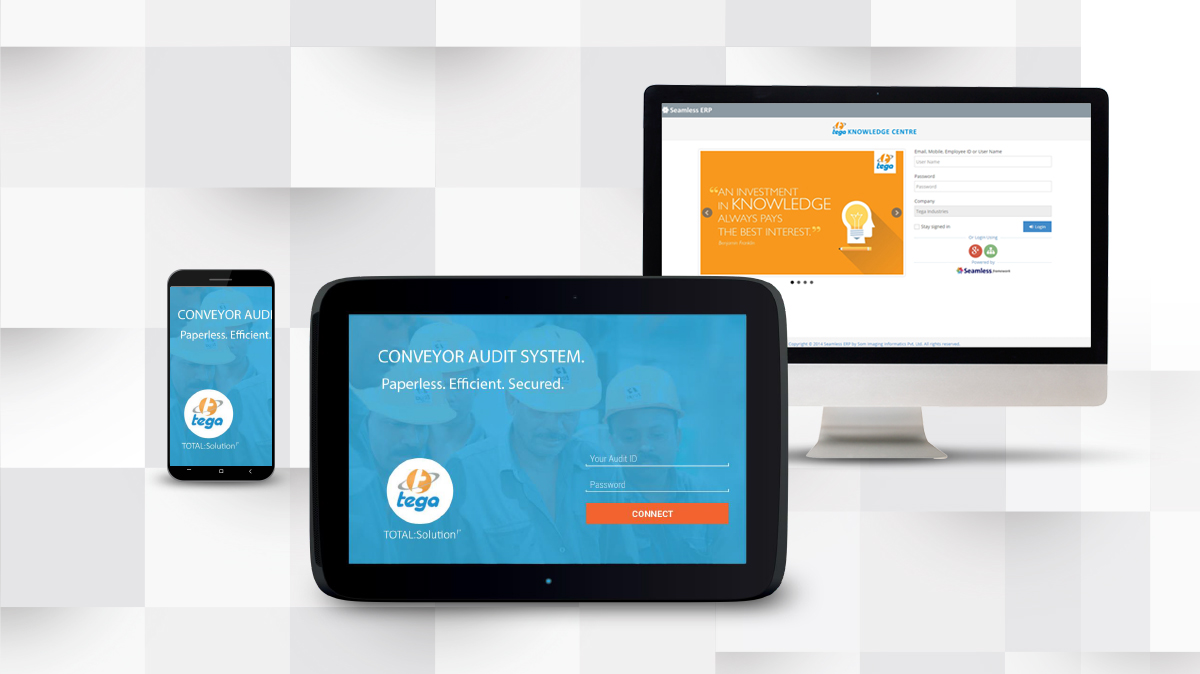Enterprise Mobility Applications have brought about a sea change in employee work culture. Employees are now choosing to work from their homes, cafes, shared workspaces or even while traveling using their personal laptops, smartphones, and tablets. Product and IT based companies are also opting to encourage work from home policy as it is a cost-effective model that reduces company overhead.
A major consequence of a liberal work from home policy is the increased threat of information theft or leaks due to human error. Enterprise Mobility apps have helped solve this problem by giving employees a secure platform to share internal documents, spreadsheets, and other project requirements. 71% of existing enterprises are already giving priority to enterprise mobility as an essential productivity tool.
The global enterprise mobility market accounted for $206.13 billion in 2017 and is expected to reach $1225.78 billion by 2026. The global market is expected to grow at a CAGR of 21.9% in this forecast period.
Here’s How Enterprise Mobility Apps Are Driving More Productive Workforce
Cloud Storage:
As the expansion of business takes place, the storage of growing data became an issue. Enterprise Mobility Applications built with cloud storage facilities offer easy storage and access to the data helping employees access critical information anytime and anywhere. The global cloud storage market is accounted for $34 billion dollars in 2017 and is expected to reach $207.05 dollars by 2026 growing at the CAGR of 21.9% during the forecast period. The use of cloud storage in enterprise mobility apps is resulting in the reduction of infrastructure costs as it offers a cheaper yet faster integration of storage solutions.
Process Automation:
Automation is helping improve employee efficiency and minimize human error in business processes. This can range from automated email marketing, proposals, pipeline management, and billing. This helps organizations cut down on man-hours and costs. AI-powered voice assistants and chatbots are even able to stimulate human-like conversations. According to the MOBI survey, 88% of companies are currently planning or participating in automation initiatives.
Information Security:
Data is the most valuable asset for any organization. Any breach or leak of data can lead to loss of business and long term reputation loss that may put the company out of business. Data breaches are especially rampant in the case of Personally Identifiable Information that can be used to obtain banking/financial data. EM solutions help prevent unauthorized access via password protection, encryption, and remote wipe technology.
Better Interaction:
Enterprise mobility is creating a new means of employee and client interactions. One can share information with stakeholders, share concerns and grievances with the business of the company. Industries are adopting enterprise mobility apps in order to connect to people and control assets from any location. With these enterprise mobility apps, organizations are able to reach more customers on more devices efficiently.
Cost and Time saving:
With enterprise mobility, easy access to data is provided. As one can access data at any time from anywhere a lot of time is saved. As the BYOD (Bring Your Own Device) is allowing the employees to bring and use their own devices for work, the need for purchasing devices for every single employee is eliminated, which in turn save or reduce the cost for many organizations.
Location-Based Services:
As most of the people are using their mobile devices to search for local businesses or services, enterprise mobility provides location-based services. Device proximity features will provide an environmental context and also suggest where to take action based on the location. This is certainly useful in case of targeting the local audience.
Improved Job Satisfaction:
A modern digital workplace with Enterprise Mobility helps employees by providing them with the flexibility to choose when and where to work. This boosts employee productivity and morale leading to improved job satisfaction and increased productivity. As we move towards a gig economy and outsourced models, EM Solutions will play a major role in ushering in more secure and efficient work culture.
Enterprise Mobility Applications We’ve Developed: Field Automation System for Tega

We built an EM enabled Field Data Automation system for a global leader in the mineral beneficiation, mining & bulk solids handling industry, Tega.
Our EM solution was deployed on Company-Owned Tablets to increase efficiency and reduce turnaround time and costs arising due to their earlier paper-based system of work tracking and data entry. We developed the complete user experience, information architecture and undertook the Native Android and Web services development for the project.
Project successes:
- Created Information Architecture (IA) flow for the application with logical grouping and smart data input arrangements for over 500 unique fields.
- UX engineering to make the data entry less painful and easy to fill in for field employees.
- Created Web-Services Layer on Rails on Tega’s homegrown IIS Server with a Replicated dB to their Master dB.
- MDM integration with mBAAS for security and performance on company-owned devices.
We are specialized in creating sophisticated EM applications to meet business needs.